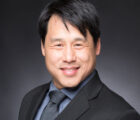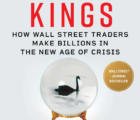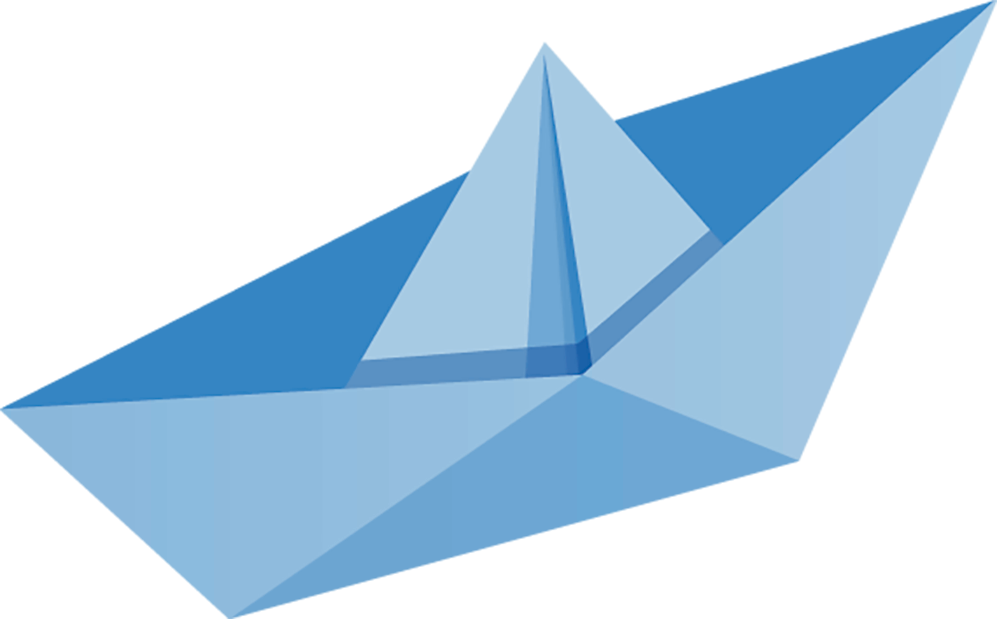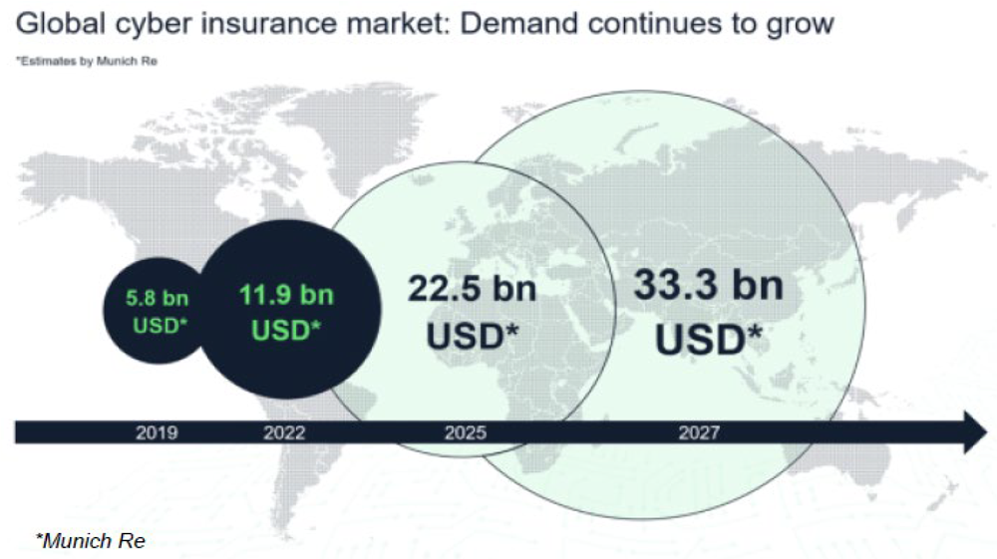 Everyone can have their own definition of career success. I certainly do. Over the years, I’ve celebrated many milestones — from surviving my first industry presentation to attaining my current position as chief actuary for a global insurance and reinsurance company. And I am not done yet.
Everyone can have their own definition of career success. I certainly do. Over the years, I’ve celebrated many milestones — from surviving my first industry presentation to attaining my current position as chief actuary for a global insurance and reinsurance company. And I am not done yet.
While I’m proud of those career achievements, I will be even prouder of what I accomplished if someone else, especially the new generation of female actuaries coming up after me, can benefit from the lessons I’ve learned along the way. Career success takes on a whole new meaning if it can have a positive effect on someone else’s path, especially in the insurance industry right now. And that’s because we really need driven professionals who are ready to make an impact.
At my firm, I became the “go-to” person for assessing asbestos liabilities and developing innovative approaches to emerging risks. Since I had the knowledge, I shared.
Industry estimates suggest that about a quarter of the 2.6 million insurance industry employees — about 650,000 individuals — are getting set to retire by 2020. However, only about 3,000 students per year are graduating from university insurance and risk management programs, with many of those choosing career paths outside the insurance industry. Insurers can only benefit from more of us helping others to take advantage of insurance career opportunities.
According to the International Labour Organization, roughly 865 million women will be entering the workforce worldwide by 2020. So there is a real opportunity to engage more women in the insurance industry, and helping them get here can be a career milestone for many of us.
Selling Ourselves — as Individuals and an Industry
Like most, I did not stumble on success but worked to achieve it. Even with a lot of hard work, no one should dismiss that luck also plays a role in career success. For instance, I consider myself lucky to have started my actuarial career at an international consulting firm.
Consulting is a hotbed of learning opportunities — opportunities to learn about being a good listener, developing expertise and building a productive and powerful network to advance your firm’s business — and your own career’s goals. At a consulting firm, these activities are aligned with your day-to-day responsibilities. It’s expected of you. These are things you should be striving to do naturally and regularly to drive your career success and professional development in most enterprises, not just consulting firms.
For one, consultancies sell their employees’ expertise. That’s what clients are buying — their consultants’ guidance and know-how. That’s why it’s important for consultants to build up their qualifications and develop an area of specialization — skills that make them stand out from the rest — early in their careers. At my firm, I became the “go-to” person for assessing asbestos liabilities and developing innovative approaches to emerging risks. Since I had the knowledge, I shared it — publishing articles, speaking at conferences and promoting my abilities every chance I could.
What’s important … is to make an investment of time that works for you and ensure that you make that investment!
This kind of sharing can pay off in multiple dividends, giving you tremendous industry exposure and helping you develop relationships that could be instrumental in moving your career forward. Collectively selling our expertise is advantageous for the industry too, in helping young graduates and professionals see the interesting potential that a career in insurance can present.
Connecting
Networking, both internally and externally, is also a very important career success strategy. Networking certainly takes time. It involves being active in professional associations, like the CAS, attending industry events and staying late for the receptions that follow. It can be a challenge, especially for women at certain points in their career. Careers and work/life balance often go in cycles, and so will our ability to network. And that’s okay.
As a consultant, I was more outwardly focused on building a network. When I transitioned to working for an insurer and my family grew, my networking didn’t stop — it shifted inward. As my work/life balance improved, my networking ramped up again with more involvement in industry activities. What’s important, however, is to make an investment of time that works for you and ensure that you make that investment!
An internal network not only helps to get a job done, but it can help us get a job done well. Plus, when new opportunities arise, like promotions or an opportunity to be part of a strategic initiative, an internal network is a valuable source of referrals and support. External networks are equally useful for a lot of the same reasons. They can help in recruiting, vetting ideas and connecting us with high potential candidates, which can help us advance the industry even more.
Give and Take
Sponsors and mentors can also help drive career success. Your sponsor is your biggest fan — someone who will advocate on your behalf. It is often not a formal position or designated role. Early in my career, my sponsor was my boss at the consulting firm. He recommended me for jobs led by consultants in other offices — giving me exposure to other senior consultants and involving me in stretch assignments, allowing me to show off my capabilities and learn new things, which, of course, led to more opportunity.
Admittedly, there are a few actuaries on my team who stand out to me. As their sponsor, I make sure that they are also known to others in our organization — whether they know it or not. If you are in a position to be a sponsor, be a sponsor, and speak up to advocate for someone.
No matter where we are in our careers, we all have some knowledge and experience to pass on to those following. That’s being a mentor. You are someone’s advisory council, someone to turn to for guidance and advice. Some companies have formal programs, but informal mentoring is also effective. Take an active interest in a colleague’s career aspirations, start a conversation and listen.
An added advantage of mentoring is that it’s a two-way learning experience. Many of us are serving as mentors to millennials and are learning as much from them. As they will be the majority of our workforce, learning how they like to work, interact and even buy insurance, gives us added insight into what lies ahead for our industry.
As the insurance industry and others face talent gaps, selling our expertise, building strong networks, advocating for others and learning more about what drives this next generation will be invaluable knowledge to help us drive more industry success and, in turn, our own career success.
 Susan Cross is chief actuary for XL Catlin. She leads the 350-strong global actuarial team in a range of risk analysis activities to support the company’s insurance and reinsurance operations.
Susan Cross is chief actuary for XL Catlin. She leads the 350-strong global actuarial team in a range of risk analysis activities to support the company’s insurance and reinsurance operations.











